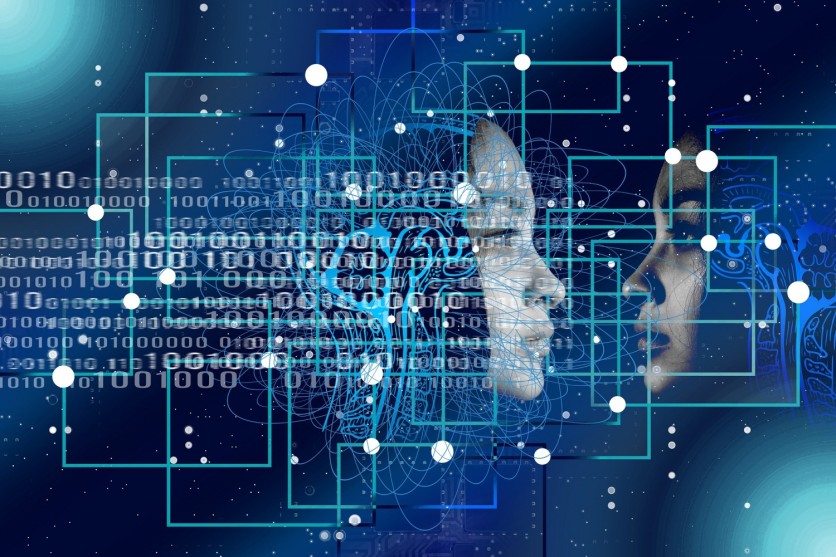In light of the rapid advancement of artificial intelligence (AI) and the accompanying concerns regarding its potential risks and ethical implications, UNESCO has released a policy paper aimed at addressing these issues.
The paper comes in response to calls from world leaders and experts for greater regulation and oversight of AI technologies.

UNESCO's Recommendation on AI
The policy paper from UNESCO analyzes the emerging field of "experimental" AI tools, such as ChatGPT, in the context of the UNESCO Recommendation on the Ethics of Artificial Intelligence.
It emphasizes the ethical principles underpinning the development and deployment of AI systems, taking into account the known effects of these models and their alignment with the principles outlined in the Recommendation.
Various stakeholders have expressed significant concerns regarding the malicious use of AI. Instances of AI misuse, such as the widespread dissemination of deepfakes, have seen a substantial rise in recent years, as AIAAIC reported.
Moreover, there is apprehension about the worsening of biases and the potential for AI to facilitate the dissemination of fake news and information. In response to these concerns, UNESCO recommends utilizing the Recommendation on the Ethics of AI as a comprehensive guide for stakeholders within the AI ecosystem.
The policy paper delineates specific measures and a procedural framework for ensuring the ethical design, development, deployment, and procurement of AI systems. It places paramount importance on mitigating and rectifying any harm caused by these systems and conducting thorough assessments before their implementation.
"It is important that we act fast to make sure that people and organizations are prepared to design and use these technologies, evaluating their impacts both ex-ante and ex-post," said Gabriela Ramos, Assistant Director-General for Social and Human Sciences of UNESCO.
"To do so, we provided clear analyses and policy advice based on the UNESCO Recommendation."
Read Also : US Congress Introduces Two Bipartisan Bills, Addressing Concerns Surrounding Artificial Intelligence
Toolkit of Resources
UNESCO claims that it is well-equipped to support countries in implementing these measures through its comprehensive toolkit of resources, developed in conjunction with the Recommendation on the Ethics of AI.
The toolkit includes tools such as the Readiness Assessment Methodology and Ethical Impact Assessment and expert networks like AI Experts without Borders and the Women4EthicalAI Platform.
Furthermore, UNESCO collaborates closely with other organizations, including the European Union and the G20, to establish effective governance frameworks for AI.
Amidst concerns about the regulatory lag in the face of rapid AI innovation, UNESCO's policy paper provides a response to the industry's evolving landscape. It highlights the importance of the Recommendation on the Ethics of AI as an existing resource that can guide decision-makers in swiftly and effectively regulating AI technologies.
AI is gradually being integrated into various industries, and more than ever, governments worldwide are racing to create new laws that can govern this emerging technology.
Related Article : EU Urges Signatories to Label Deepfakes, AI-generated Content To Prevent Disinformation

ⓒ 2026 TECHTIMES.com All rights reserved. Do not reproduce without permission.




